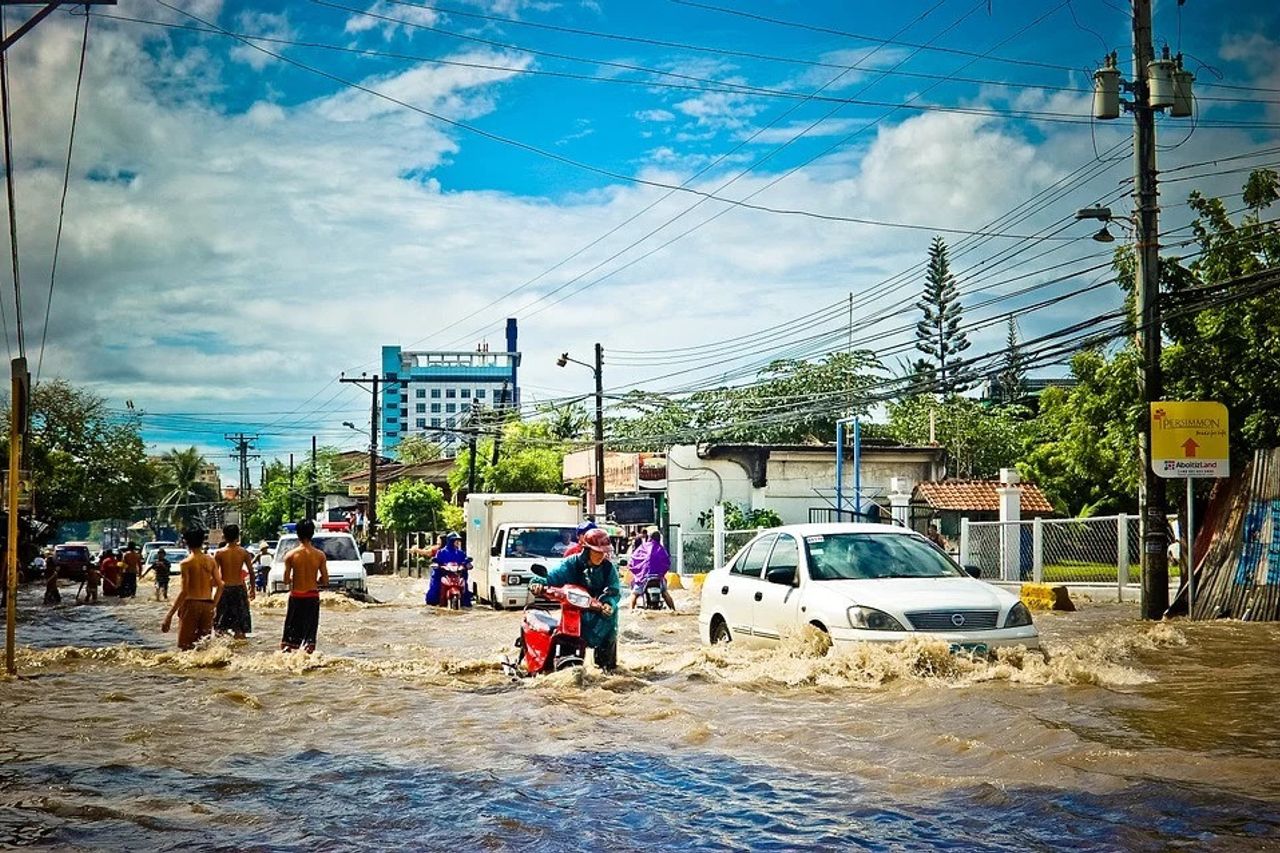Flood Problem, Japan Will Help Indonesia

JAKARTA - Floods are often a persistent problem in Indonesia. In this regard, the Japanese government will send its staff to assist Indonesia in collaborating on flood prevention through a dam study.
"In Japan, it is already difficult to build a new dam, therefore we are utilizing existing dams as flood control. I heard that the Minister of Public Works and Public Housing (PUPR) Basuki Hadimuljono is interested in this project, as soon as possible I will send staff to Indonesia for further discussion, "Said the Minister of Agrarian Affairs, Infrastructure, Transportation and Tourism or the Minister of Land, Infrastructure, Transport and Tourism (MLIT) Japan, Kazuyoshi Akaba in his official statement in Jakarta, Friday 27 December.
Minister Akaba acknowledged that the presence of a dam is very important, especially for areas that are often affected by floods, such as in Indonesia and Japan.
In handling water disasters, the Indonesian and Japanese governments are cooperating in flood disaster prevention with a study of dams at Kedungombo Dam, Grobokan Regency and Sutami Dam in Malang Regency.
The Kedungombo Dam Study was conducted by the Japan International Cooperation Agency (JICA) which will be completed at the end of December 2019, while the Sutami Dam Study was conducted by MLIT.
Previously, Minister Akaba and Minister Basuki held a meeting to discuss several matters, one of which was water disaster management which was also discussed by the Minister of PUPR Indonesia and the Minister of MLIT Japan.
The Government of Indonesia through the Ministry (PUPR) together with the Japanese Government represented by the Ministry of Land, Infrastructure, Transport and Tourism (MLIT) also agreed to sign an extension of the Memorandum of Cooperation (MoC) on Infrastructure Development Cooperation agreement which ends on December 29, 2019.
This cooperation agreement is valid for three years after the signing. This cooperation agreement covers eight existing scopes, namely water resources management, domestic waste water management, roads and bridges, buildings, housing provision, regional and urban development, disaster management, and human resource (HR) capacity development. As well as two new additional scopes, namely infrastructure financing and construction services.


